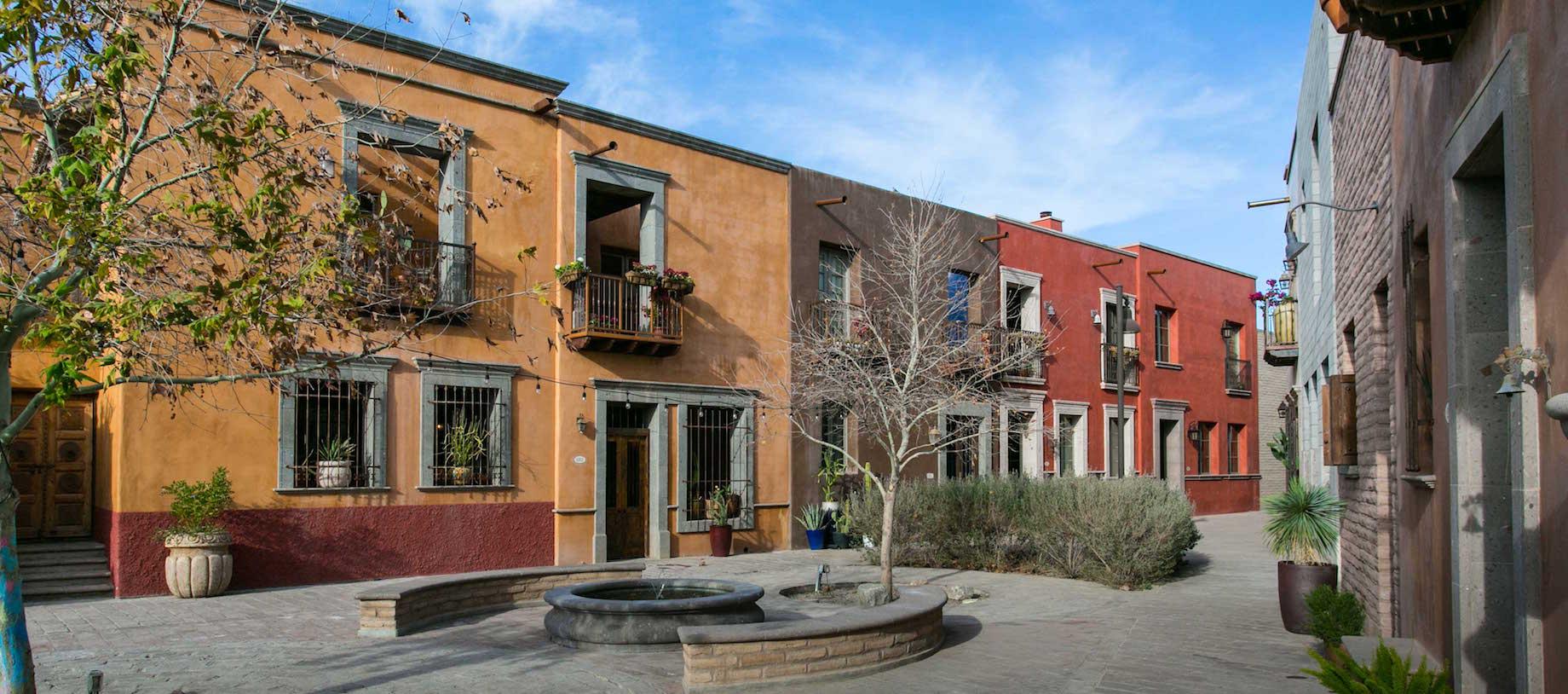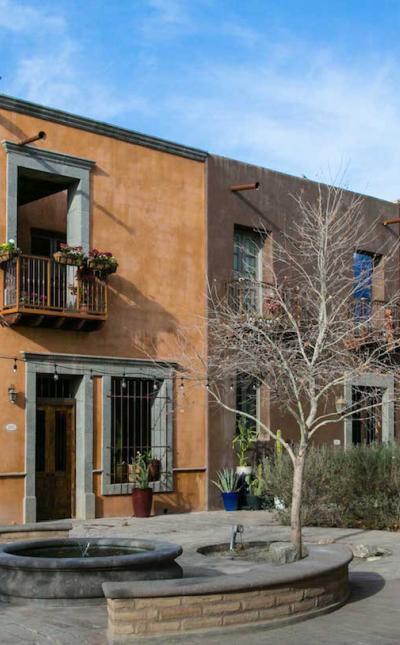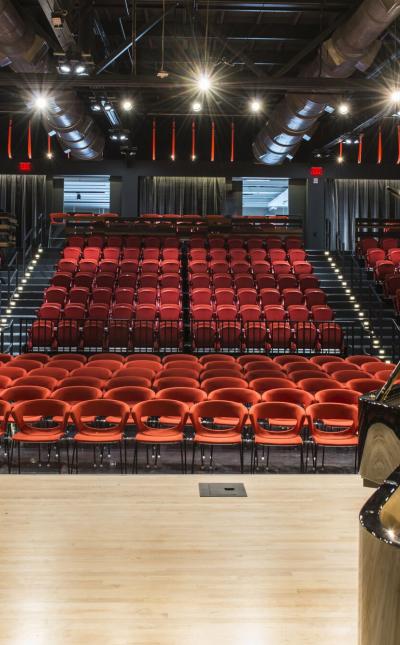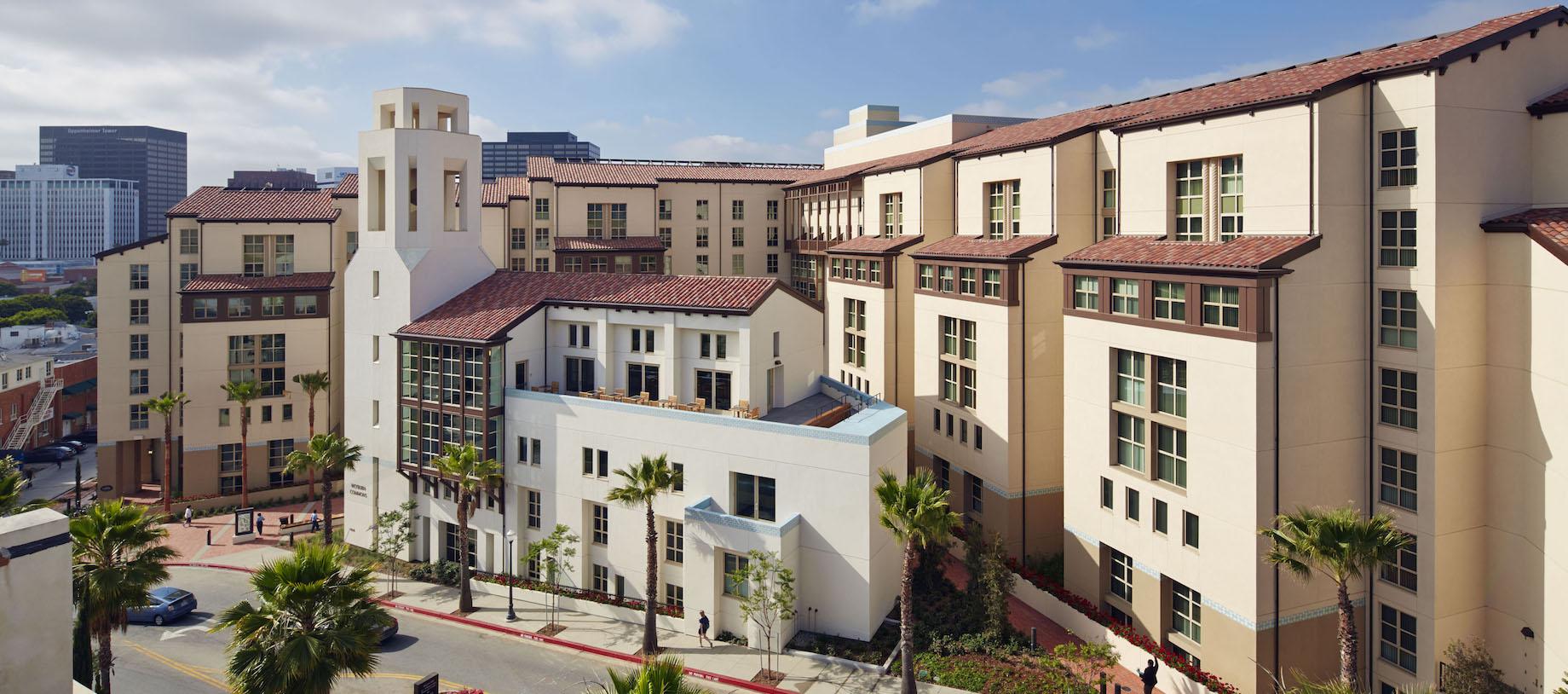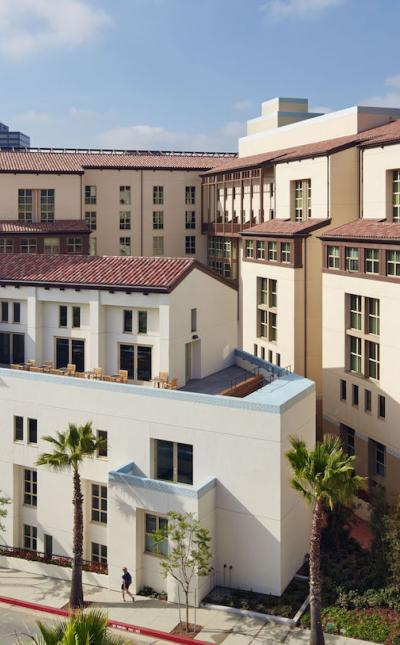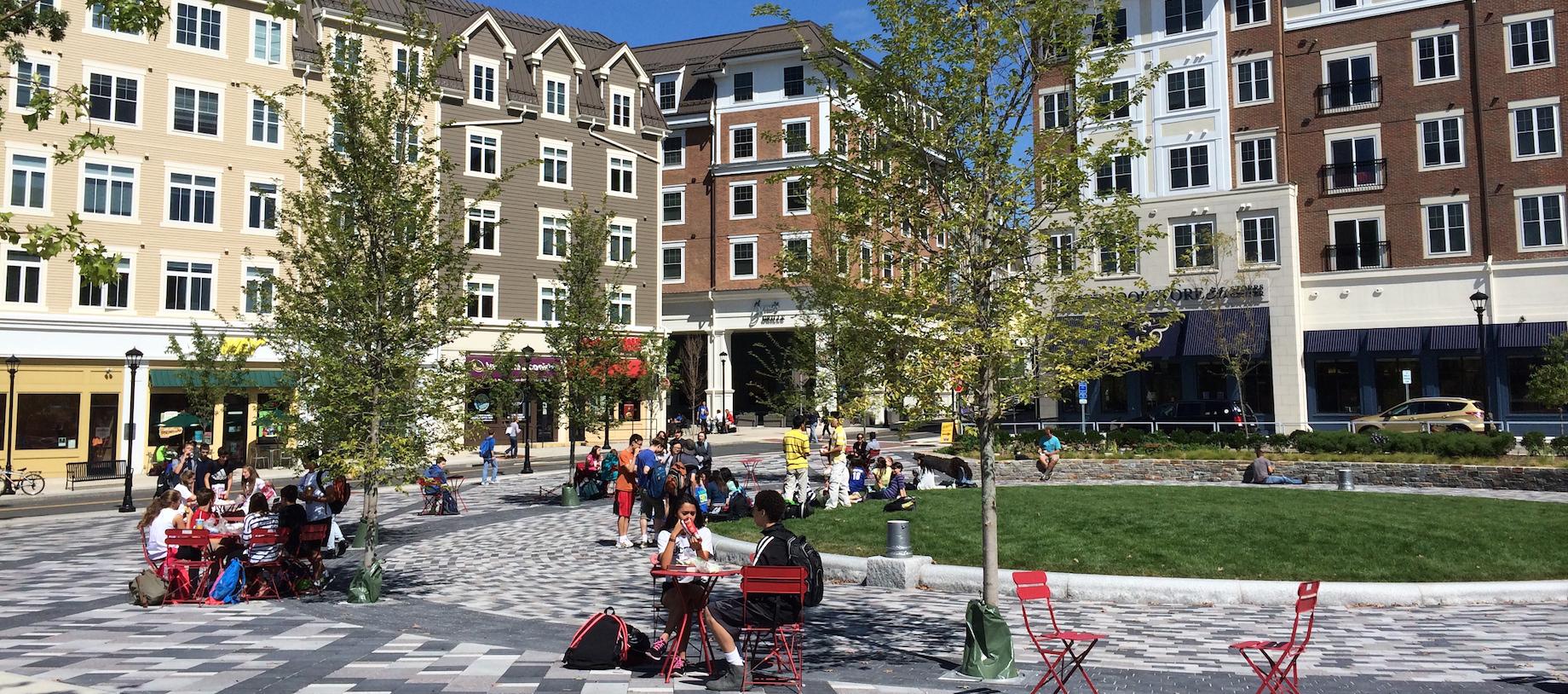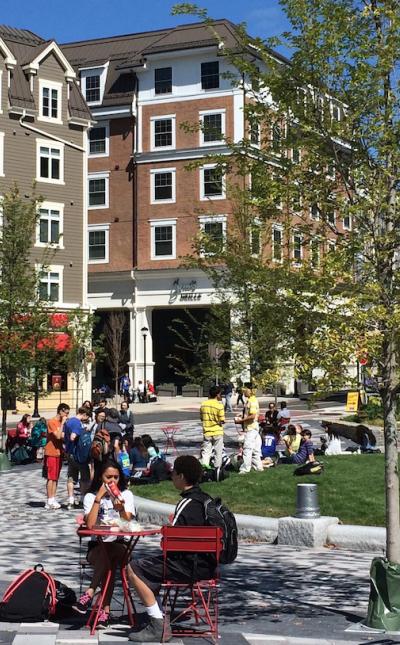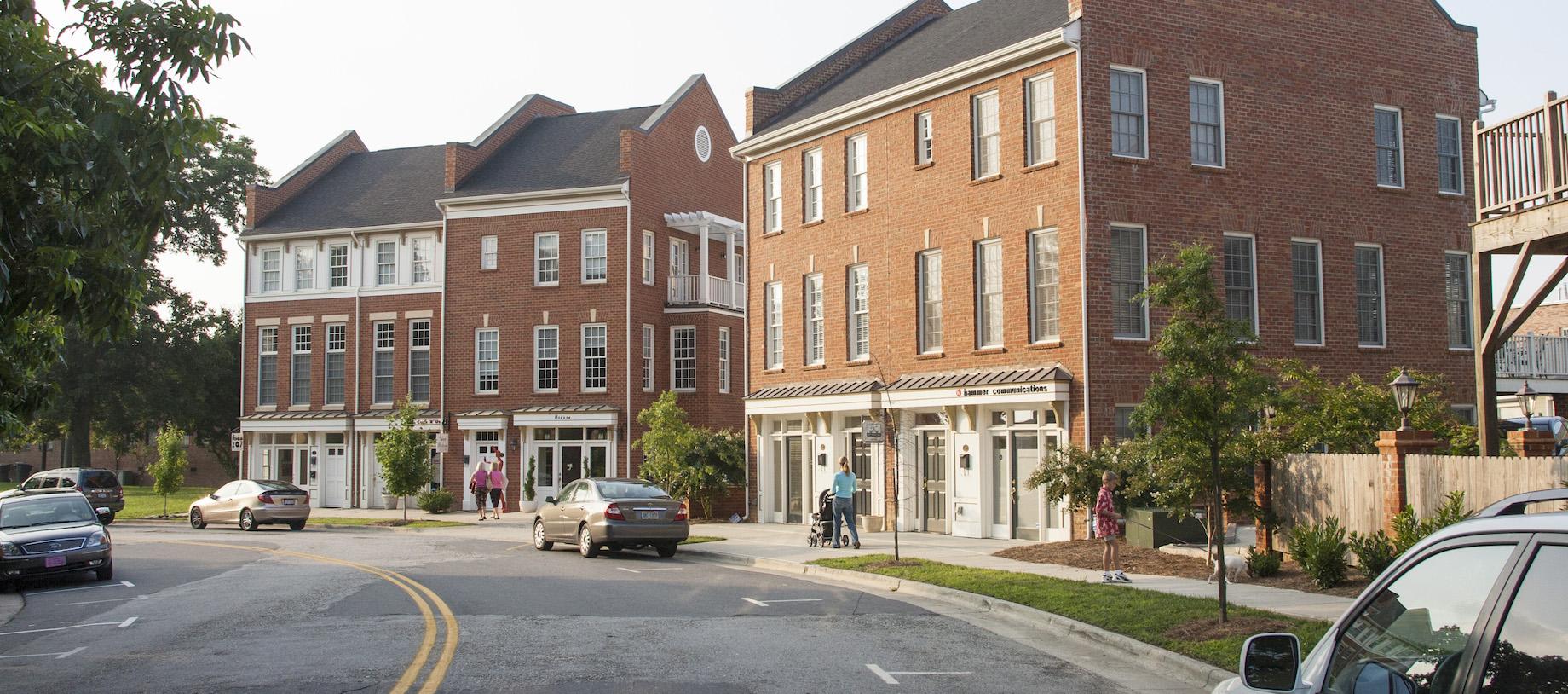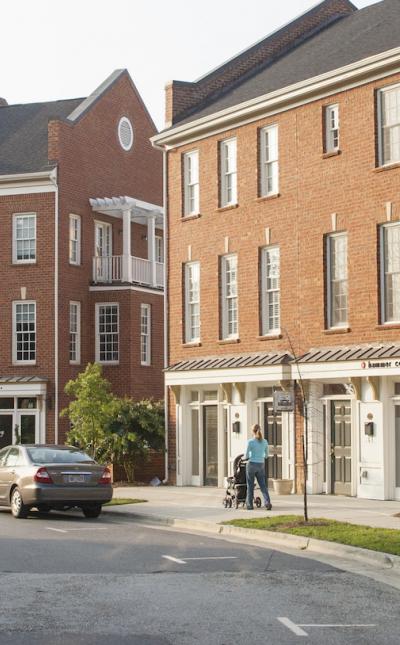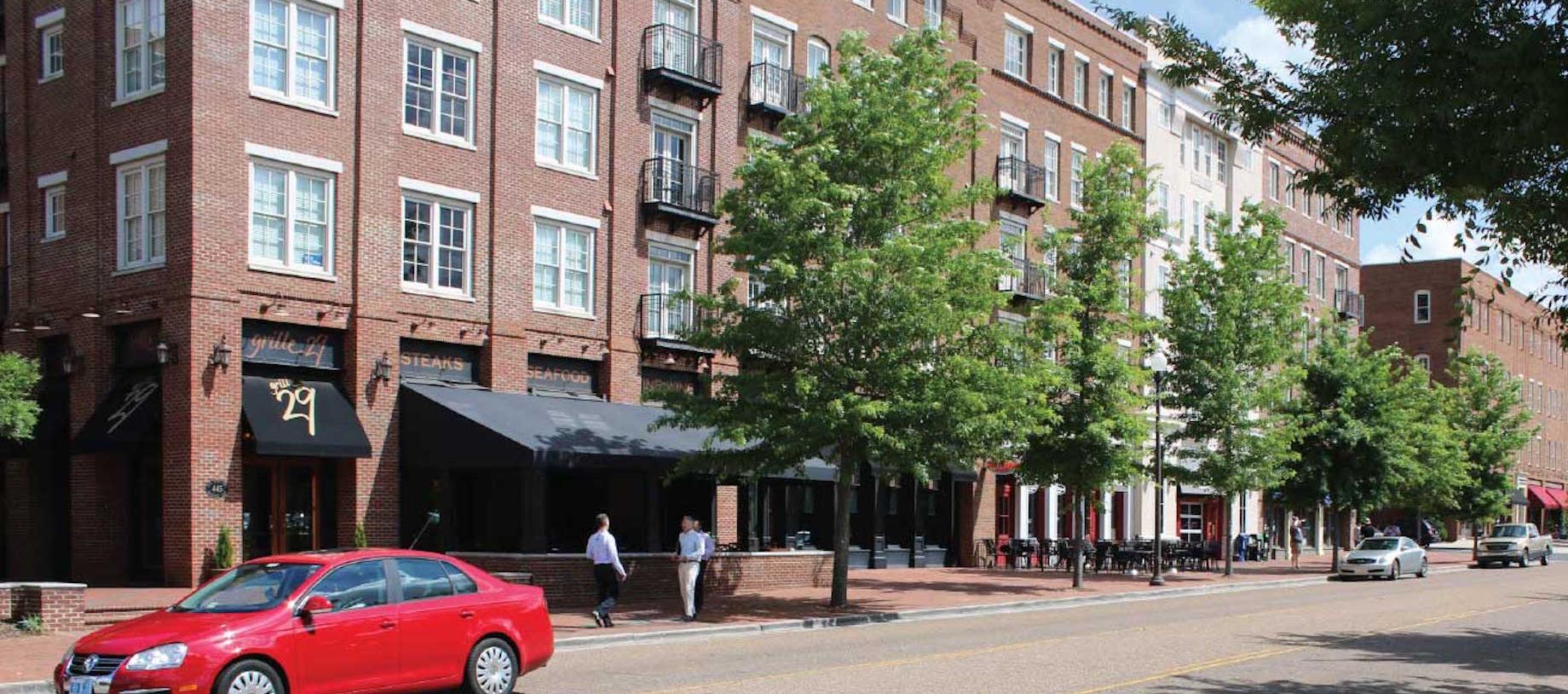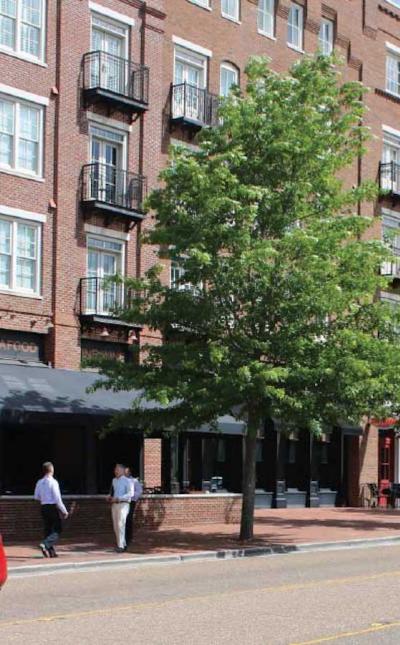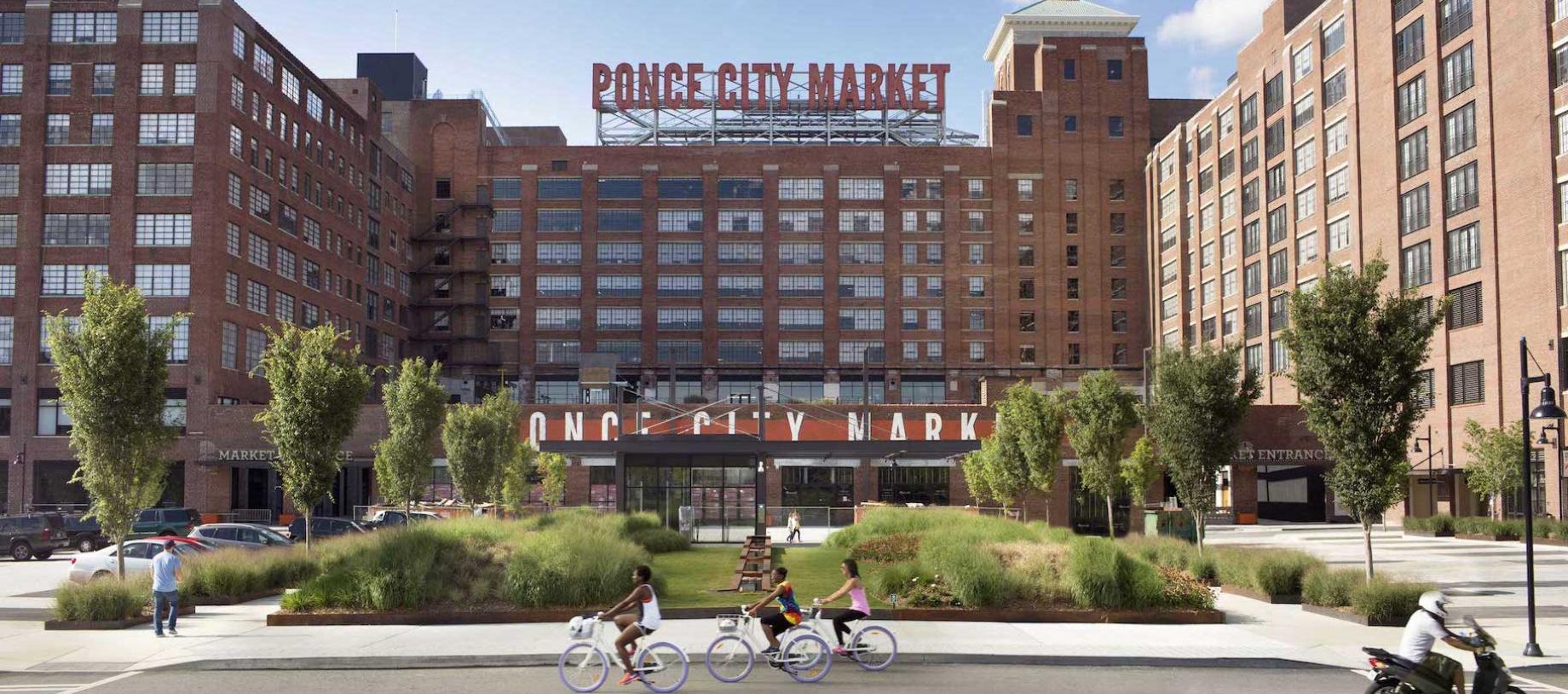Access to affordable housing located close to jobs, schools, and daily needs directly impacts quality of life, of people in New Hampshire and across the country. Whether the result of state statutes or local ordinances, land use regulations that inhibit density development and undermine walkability continue to reinforce this crisis of housing scarcity, and they unnecessarily increase costs for both developers as well as home buyers and renters. New Hampshire villages and neighborhoods need to enable a wider range of housing types in order to successfully increase the amount of affordable and workforce housing.
In response, the New Hampshire Housing Finance Authority (NHHFA) has partnered with the Congress for New Urbanism to provide recommendations for adapting state statute language and model language for local ordinances to enable the conversion to and introduction of missing middle housing types into more vibrant Main Streets, neighborhoods and villages in New Hampshire. These recommendations will be augmented with recommendations learned from CNU’s Project for Code Reform to confront the housing affordability crisis occurring in New Hampshire.
Many villages and towns across New Hampshire are looking for a way to address housing affordability that respects their limited resources and meets them where they are — financially, administratively, and politically. In response, CNU’s Project for Code Reform offers an approach focused on helping state and local governments uncover the "biggest little things” they can do now, that will have the greatest impact on housing and affordability in the years to come. Incremental code reform will empower the New Hampshire legislature with statute language encouraging housing affordability, and will enable New Hampshire towns and villages to test and expand upon corresponding local reforms in an organic way that reflects their own community needs and vision.
Enabling Better Places: Code Reform for Housing Affordability is made possible through a partnership with:

